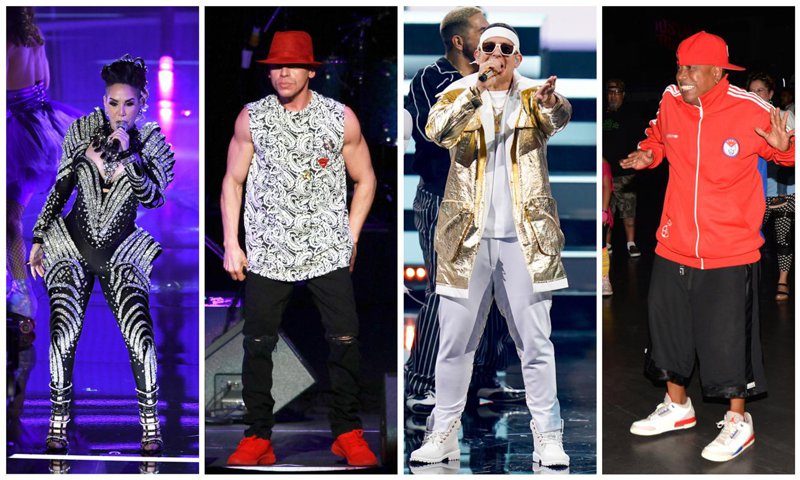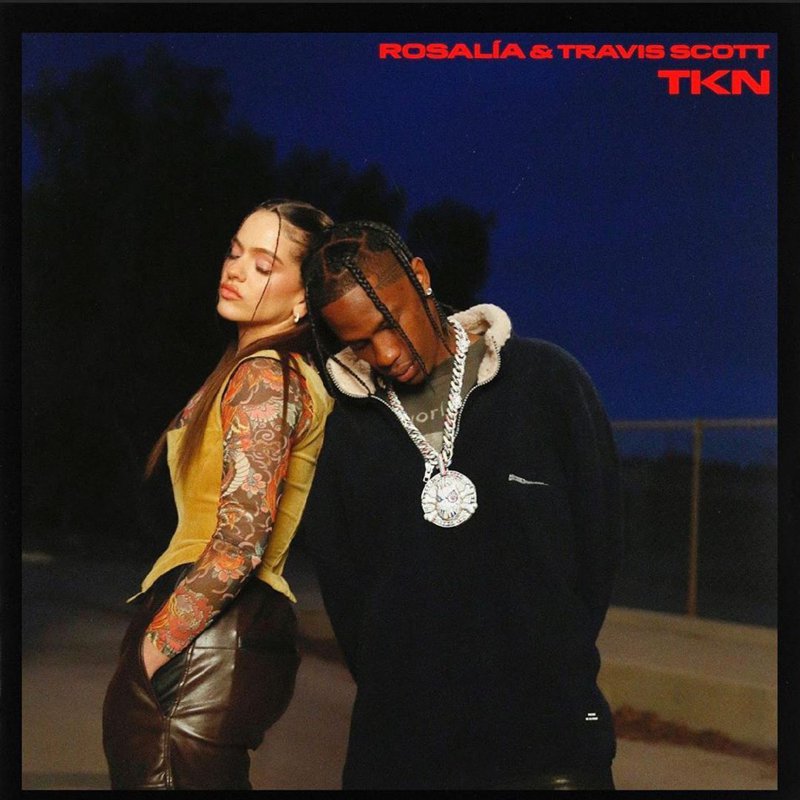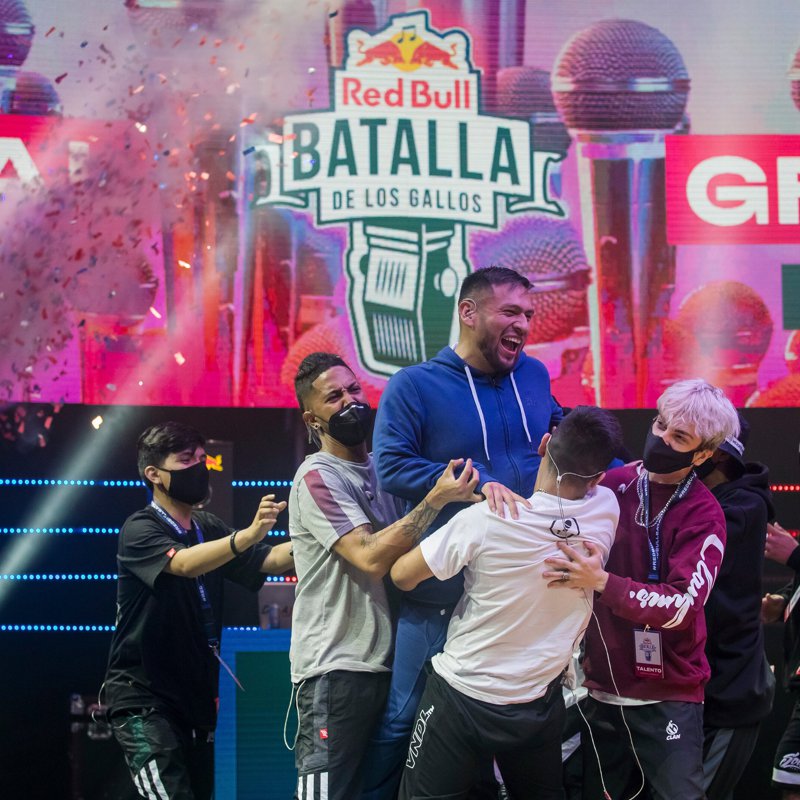Rapping, spitting, or emceeing originated in the Bronx, New York City, in the 1970s, growing popularity as a genre and a cultural movement. Hip Hop music is a fusion of Latino Americans, African Americans, and Caribbean Americans. The complex and thought-provoking wordplay made it a huge success.
Through the rapid delivery of “street slang,” artists follow the beat to share a discourse containing stories that can span from the rapper’s upbringing in the hood to mundane topics.

In the ’80s, the Latinx population outside the United States started experimenting with Spanish-language rap —different from Spanish rap, originated in Spain— Latin hip hop, or Latin rap. Cubans, Puerto Ricans, and others who lived in the islands were the first to embrace Hip Hop.
Rappers like Mellow Man Ace, Vico C, TNT, Ivy Queen, Chezina, Tempo, Daddy Yankee, Eddie Dee, MC Moña, among others, adopted the growing rap movement and had a substantial impact on the genre.
Latin rap, trap and reggaeton were gaining popularity, so other cultures began to pay more attention to Spanish-speaking artists. Notable Latinx artists have also begun to adapt and incorporate style percussions, melodies, and rhythms from this genre. It is clear that not all Latin rhythms can be described as the same.

However, something applies to rap and Latin rap, whether it is in English or Spanish; a rapper knows that good content, flow, and delivery will determine if the song has the potential to become a success or fall under the cracks.
Red Bull has helped Spanish-speaking musicians achieve their musical goals since 2005 through their Red Bull Batalla. This international freestyle rap competition provides a platform for Latinx improvisers to network, develop, and compete.
As the world’s biggest international freestyle battle competition, Batalla reunites Spanish-speakers aspiring rappers to train, perform and improve their improvisation and lyrical skills.

On Saturday, September 18th, at Sunset Las Palmas Studios, in Los Angeles, 16 artists faced each other to become the winner and advance onto the Red Bull Batalla World Finals held in Chile.
In an interview with HOLA! USA, one of the judges of the Red Bull Batalla, Puerto Rican producer, and musician Eduardo José Cabra Martínez, better known by his stage name “Visitante Calle 13”, “Visitante,” or more recently, “Cabra,” shared why he thinks rap in Spanish became such a phenomenon that now English-speaking rappers are the ones crossing over.

